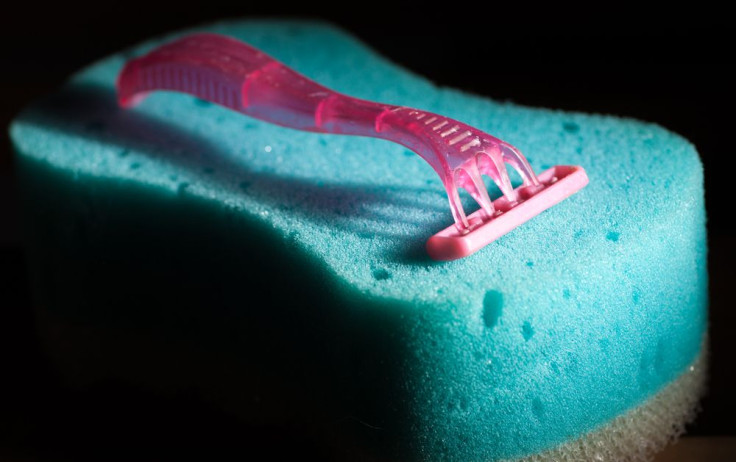Bikini Waxing Complications Should Give Women Pause Before Considering Pubic Hair Removal

Pubic hair removal or bikini waxing has become a popular trend among women, even though many health care professionals advise against it due to the possible risk of ingrown hairs, itching, and infection. A recent study published in the American Journal of Obstetrics & Gynecology has revealed that a majority of women shave all or some of their pubic hair and experience certain complications due to their cosmetic decision.
“Women don’t understand the risks of [shaving their pubic hair], because they are safely removing hair on other parts of their bodies,” Andrea DeMaria, lead researcher from the Center for Interdisciplinary Research in Women's Health, Department of Obstetrics & Gynecology at the University of Texas Medical Branch, told Yahoo Health. “You’re vulnerable to more infection.”
DeMaria and her colleagues issued questionnaires regarding public hair removal behaviors and possible complications to 369 women from the ages of 16 to 40, who visited two public health clinics between April and June 2012. Findings revealed that 87 percent of the women currently remove all or some of their pubic hair, while the rest admitted to getting a bikini wax at least once in their life. Sixty percent of the women also reported experiencing at least one health-related complication caused by pubic hair removal, including epidermal abrasions and ingrown hairs.
Women who are under- or normal-weight are more likely to report removing all or some of their pubic hair compared to overweight or obese women. However, overweight and obese women who do remove some of their pubic hair are twice as likely to experience a complication and three times more likely if they removed all of their pubic hair. Less than five percent saw a health care provider due to the complications and discussed safe pubic removal practices with their doctor. Black and Hispanic women were also less likely to report a complication than white women.
To avoid complications, such as razor burn, itching, epidermal abrasions, genital infections, and ingrown hairs, DeMaria recommends initially trimming pubic hair with a sterilized electric razor as oppose to a regular blade. After moistening the pubic area with warm water/unscented soap, shave against the grain with a fresh razor. Pat the area dry instead of rubbing since there is no hair to protect against friction. Wear breathable cotton panties that provide air circulation.
Source: Flores M, Hirth J, Berenson A, DeMaria A. Complications related to pubic hair removal. American Journal of Obstetrics & Gynecology. 2014.
Published by Medicaldaily.com



























